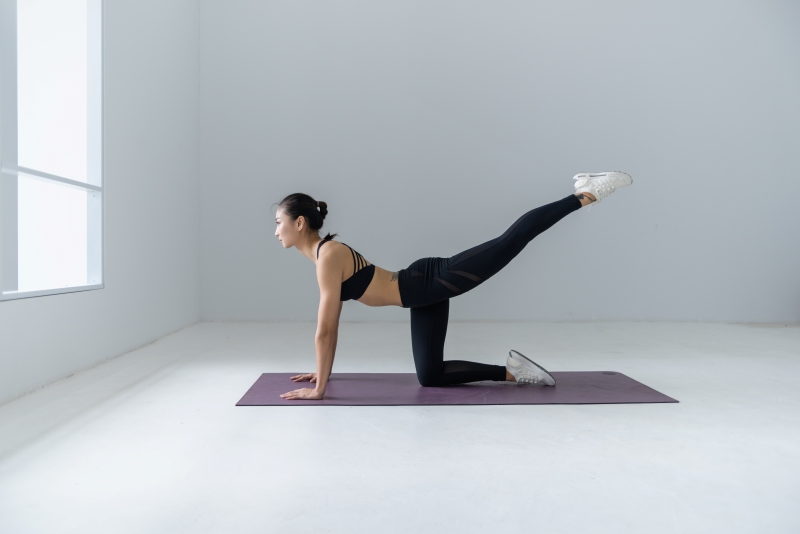6 habits you need to start practising in your 30s for the ultimate self-care


Self-care in your 30s is focused on maintaining muscle strength, boosting fertility, managing stress and learning your health numbers.
Life can become more demanding and you’re likely to be juggling family and your career. It’s important to find balance and make time for healthy habits to safeguard your health.
If you practised good self-care in your 20s, you’ll land in your 30s with a bang. If not, it’s never too late to make the healthy habits stick. Here are six ways to practise self-care in your 30s.

There is a big gap between the ideal biological age and the ideal social age off conception, according to Monash University’s Dr Kartin Hammarberg. The easiest time to get pregnant is before 30. As you get older, it will take longer to conceive and the chance of having a baby decreases.
A healthy lifestyle boosts your chances of a successful pregnancy — not smoking, taking care of your oral health, avoiding or limiting alcohol and caffeine, and protecting yourself from environmental chemicals.

Taking responsibility for your own health is a big step towards self-care. Start by asking immediate family members about their health issues and build your own records from that. Record your own medical history, any risk factors and medications you’re taking.
This system will help you (and your doctor) understand any problems that may come up in the future, prevent errors in treatment and diagnosis, and help decide what preventative tests you may need.
Your 30s is a good time to start monitoring blood pressure, cholesterol and blood sugar numbers to identify the need to take action to improve your heart health.
High blood pressure and/or high cholesterol often have no symptoms, so you may not realise you have a problem until something serious happens.
Have a chat with your doctor who can organize the necessary checks and give you advice — from simple lifestyle changes to medication — to keep those key numbers at healthy levels.

You would be surprised how many of us don’t breathe in a healthy way — either holding our breath or shallow breathing — and the negative effects are cumulative.
Boost the benefits by stopping to breathe from your diaphragm a few times a day, particularly when you’re feeling tired: Put your hand over your belly button, and as you inhale, focus on making your stomach and chest rise.
This will expand your lower lungs, so you take in more air with each breath. It’s an effective fatigue buster too!
Dietitian Bronwen Greenfield shares that it’s becoming more common for women to have a baby in their ’30s, so if you are looking to conceive, good nutrition is a must for increasing fertility at this age. Ensuring that you’re supplementing with folate.
Eat plenty of foods rich in iron, zinc and antioxidants. It’s also important to avoid alcohol and high doses of caffeine if you are trying to conceive.
Your ’30s is also the age at which peak muscle mass is achieved, so ensure that you’re continuing with strength training, and eating adequate protein and carbohydrates to fuel and replenish muscle stores.
This article was first published in The Singapore Women's Weekly.